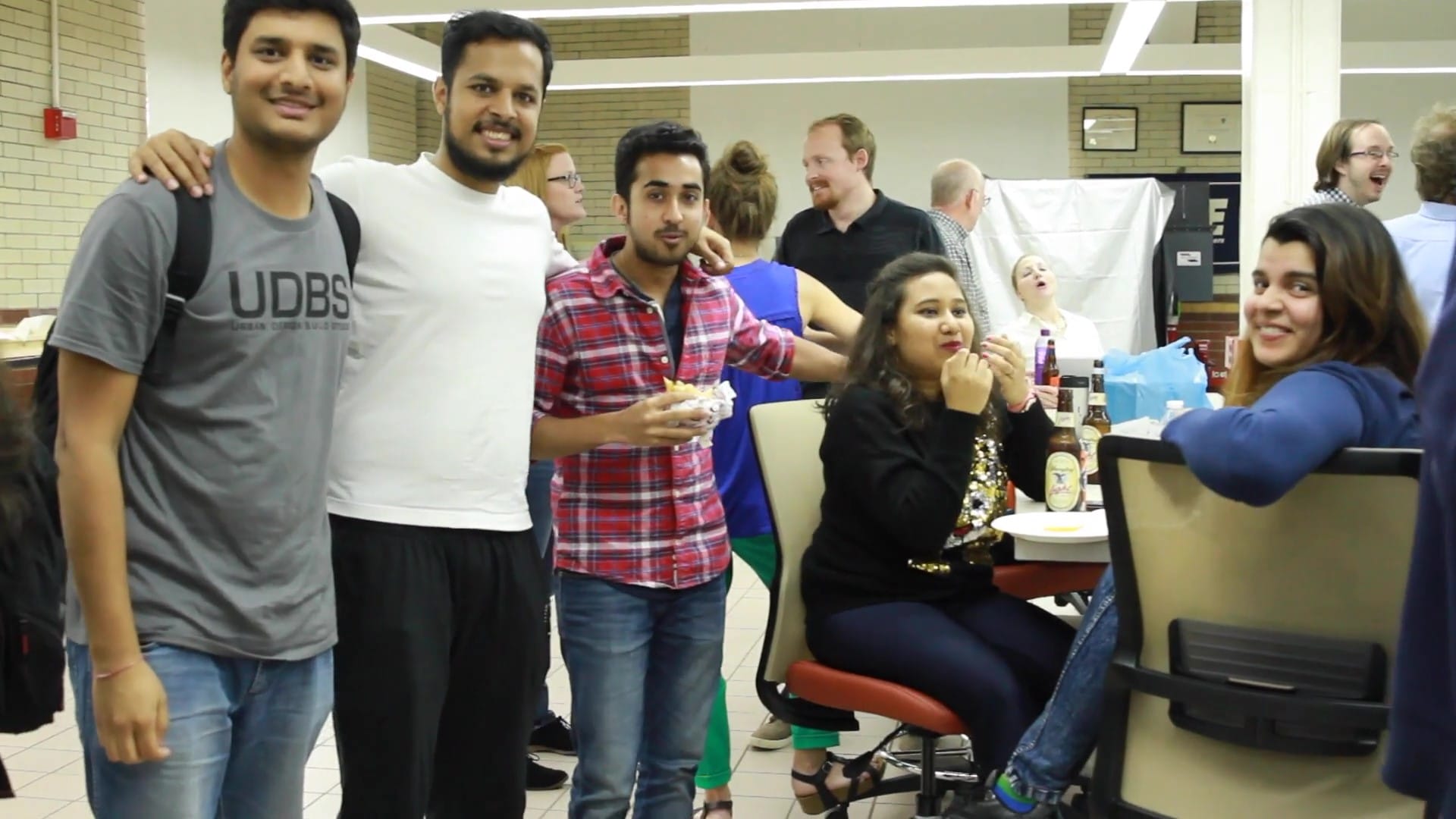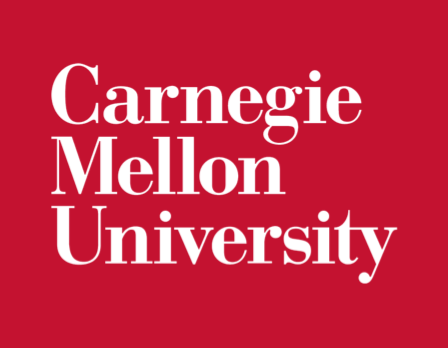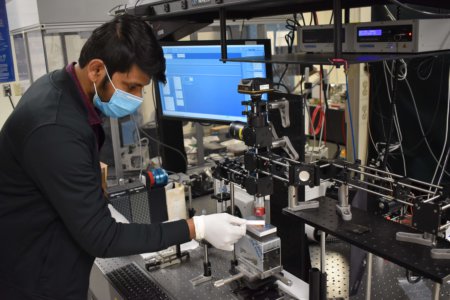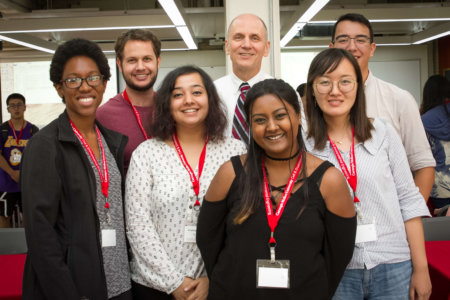Pittsburgh, Pennsylvania is fondly known as “Steel City” for the hundreds of steel-related businesses that once found refuge here, transforming it into a centre that drove the American industrial might. It’s this history that has shaped Pittsburgh into the thriving hub for manufacturing, technology, healthcare, and education it is today.
Picture high quality housing, a very affordable cost of living, a Cultural District with theatres, art galleries and cultural landmarks, free access for students to the Carnegie Museums and Phipps Conservatory, a number of quality craft brewers and distillers, and Instagram-worthy views – in short, an overall great place to live.It’s the perfect base for young, ambitious engineers — and Carnegie Mellon University (CMU) is where many find their strong start. Ranked among the top 50 private universities in the US and in the world, CMU is charting a course as a gamechanger in the field of education and technology. It is this that has attracted over 14,500 students across over 100 countries to its campus, making for an environment that cultivates creativity and innovation in spades.
Its Department of Civil and Environmental Engineering (CEE) is just as impressive. CEE programmes continuously place among the best of the best in the field of engineering — civil and environmental engineering are ranked among the top 10 of US News and World Report’s Engineering School Specialty Rankings.
This is not without reason. CMU prides itself on providing graduate programmes centred around solving the challenges of tomorrow, tapping into the strengths of its world-renowned faculty — five of whom are inducted into the National Academy of Engineering. The Department itself is constantly working towards the advancement of the civil and environmental engineering discipline, ensuring a set of programmes relevant to the industry on hand.
Perhaps what is most unique about the CEE is its emphasis on programme flexibility. Here, there’s no set of mandatory modules — instead, students work with their faculty academic advisor to tailor an individualised and structured course of study according to their specific career goals.
Choose courses from a diverse range of education and research areas, from Advanced Infrastructure Systems to Environmental Engineering, Sustainability, and Science, and Mechanics, Materials and Computing. Collaborate with other departments and gain unique perspectives on external factors that may affect your discipline of study. Or perhaps follow a recommended course concentration pre-determined by the faculty — in this, your academic journey is entirely yours to own.
CEE is home to courses crucial in this digital age. Its programmes in Data Analytics and Artificial Intelligence (AI) are interdisciplinary, hands-on and come with stellar support, an excellent network, and a world-renowned faculty. Students develop hard and soft skills, meet guest speakers, and have debating and presenting opportunities via course project as well. What’s more, they have access to specialist equipment in the state-of-the-art AIS laboratory, such as IBM’s computing cloud, eye trackers, Virtual Reality and Augmented Reality systems (Microsoft HoloLens), and sensors that can measure human cognitive and physical conditions.
CMU is not only setting itself apart in its programmes, but in its community, as well. Almost half of CEE’s current graduate student population is female — a huge contrast from the usual gender ratios of other universities, most of which rank among the world’s best.
Much of this has to do with the supportive environment at CEE, one which encourages collaboration and openness between students and faculty members. It emphasises an open-door policy that pairs students with advisors who have the expertise and experience to understand their professional and personal goals, as well as how to chart a course to get there. At CEE, achievements are celebrated for what they are — impressive feats that are not only valuable to the university, but are making profound impact on the world around us.
All of this makes for an impressive alumni network that spans across hundreds of different companies and industries. Over 20% of CEE undergraduates and master’s students go on to seek another degree, while employed graduates at all levels represent an impressive range of roles, companies, and specialties, according to the annual First Destination survey. Over 15% of new CEE grads have found employment internationally, while others have landed jobs across the US.
Some CEE graduates are even contributing to projects that are changing the landscape of the world — from rebuilding the World Trade Centre site to using AI to detect energy waste. While continuing to tap into the education that made them, they are presenting opportunities to current CMU students, as well.
Flexible, future-focused, inclusive, supportive — these translate to an exemplary academic experience for the ambitious engineer at CMU. It ensures that by the time students are ready to graduate, they’re not only equipped with the skills and expertise needed to succeed in their fields, but the grit, determination, and desire to contribute to the betterment of their communities and beyond.
Interested to find out more? Visit Carnegie Mellon University’s website here.
Follow Carnegie Mellon University on Facebook, Twitter, LinkedIn, Instagram, YouTube, and Flickr.













